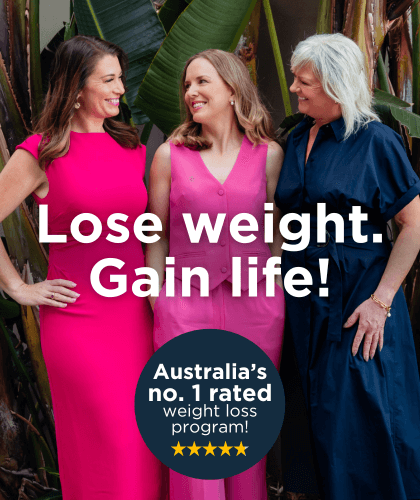Supplements vs whole foods: what works better?

You may know instinctively what's the better choice between vitamin supplements or healthy whole foods, but why is one better than the other?
Getting the right amounts and variety of vitamins and minerals is crucial for a range of complex processes in our body – including the immune system. Without these micronutrients, you're bound to get very sick indeed, but the truth is most Australians get most of them through their diet – or exposure to sunlight.
Most people who take supplements take them as an assurance against deficiencies, but your body only needs so much – more isn't better. If you’re thinking of taking a multivitamin or other supplement, you should talk to your GP or Dietitian first to see if it is something you need.
Also check out our guide to diet, exercise and how to balance your immune system!
Who needs supplements?
There are certain groups of people who should take vitamin supplements, such as:
Pregnant women need more iron and folic acid (vitamin B9) than they would normally get in their diet.
Vegans may benefit from taking B12 and iron supplements as these are nutrients that are not easily available in plant-based diets – although many know how to incorporate it.
People on long-term restrictive weight loss diets may need a multivitamin as it can be difficult to meet their nutritional needs through such restrictive eating.
People with certain diseases or health problems such as gastrointetstinal disorders, coeliac disease, cystic fibrosis or pancreatitis.
Vitamin D deficiencies are also quite common even in Australia. Our bodies create vitamin D when our skin is exposed to sunlight but this doesn't work as well if you’re wearing sunscreen – which you should!
During summer, most Australians get their vitamin D need covered in just a few minutes of sun exposure every day. This need for sun exposure increases throughout autumn and winter and in places like Sydney, Perth and anywhere south of these cities, you'll need as much as 2-3 hours per week in June and July when the sun is at its weakest.
Fruit and vegetables > Supplements
The sad truth about vitamin supplements is that decades of research into the efficacy of such products have failed to find that they add any benefit to an otherwise healthy diet:
- One major study involving 450,000 people found that multivitamins did not reduce the risk of heart disease or cancer
- Another study with almost 6,000 male participants who were monitored over 12 years found that multivitamins did not reduce the risk of mental decline
- A study of 1,708 heart attack survivors found no difference in heart surgeries, later heart attacks or death between patients who took high doses of multivitamins or a placebo.
The advantages of eating a variety of fruits and vegetables daily are many but in terms of vitamin absorption we're talking 3 key reasons:
- Vitamins and minerals in whole foods come grouped with a variety of other nutrients that your body needs to some extent
- Fruit and vegetables contain dietary fibre which help support your gut function and how other compounds are absorbed
- Whole foods contain antioxidants which defend against cell damage
Safety of supplements
If you're taking vitamin supplements, make sure you follow the intake guidelines. Too much of a fat-soluble vitamin (as opposed to water-soluble vitamins) like A, D, E and K can be toxic – as can iron if you take too much. Water-soluble vitamins are not stored in the body. Any excess water-soluble vitamins such as B vitamins and vitamin C are excreted in the urine, so are unlikely to accumulate in the body to dangerous levels.
The Therapeutic Goods Administration (TGA) regulate the sale of vitamins in Australia and any product on shelves need to be pre-approved as safe for consumption. However, the TGA's approval of supplements only relates to whether the product contains ingredients that are safe to consume – not whether it will do what it states on the bottle.
So if you buy your supplements from a known brand here in Australia, you can be pretty sure it's safe to ingest as recommended by the manufacturer – and your GP or Dietitian, of course.
What's the danger?
As long as you follow the recommended dietary intake, you're unlikely to suffer harm from taking multivitamins. However, you should keep in mind that you're also unlikely to gain any benefit from taking them. Unless you have a specific need for supplements, the only likely damage from responsible use of multivitamins is to your wallet.
